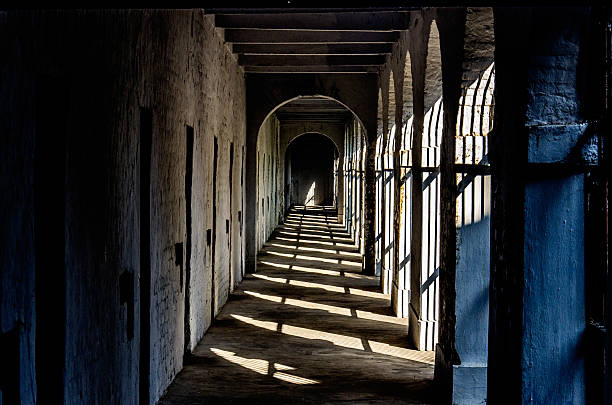BAIL PROVISION IN INDIAN LAW
As per the provisions of Indian law, bail is a legal process that allows an accused one to be released from custody while awaiting trial. According to one world assessment of 2024 India ranks 79th among 197 countries in crime ranking in the world. Countries like Iceland, Denmark, Ireland, New Zealand, Austria and Singapore are the countries with the lowest rates of crime in the world. However, India can be proud of its law books. India has the longest constitution in the world with 1,46,385 words in English with a preface, 12 schedules and 5 appendices. The constitution was amended 101 times as on 2017. On the other hand Monaco has the smallest constitution with 3,814 words followed by Japan with 4,000 words.
There are five types of bail in Indian law. Those are Anticipatory Bail, Regular Bail, Interim Bail, Default Bail and Medical Bail. Anticipatory bail is filed in District Court before the Session Judge and if refused it can be filed in the High Court. Normally this bail is valid for a period of 30 days. However the judge can extend it depending upon the reasons under which the extension is demanded. If the accused is detained under bailable offence, such one has the right to seek bail subject to the conditions laid down by the court until the crime is established. Regular bail is a legal system by which the court can release the accused under security/bond etc till the judgement is pronounced with the assurance that the accused in no way interface in the smooth legal proceedings. Interim bail is allowed when the regular or anticipatory bail is pending. Medical bail is like the interim bail depending upon the medical conditions of the accused subject to th discretion of the court. Default/Statutory/Compulsive bail is granted when the investigation agency fail to complete the investigation within the stipulated time frame.
There is no provision for bail in Sweden. In Texas, US, there are restrictions in bail on payment related matters. In most of the countries where proper legal system prevail bail provisions are included in the law.
All said and done, we too get surprised when one accused with a bundle of heinous crimes get arrested by the police after a good lot of efforts and produced in the court, comes out smiling with the help of our law. There are also provision in CrPC and Art. 161 of constitution for the state government to release those undergoing imprisonment in the jail after certain periods.
Criminals are punished and send to jails by the court with ultimate intention of reformation of the criminal. Though we do send thousands of people who have committed wrongs to the jail, we have no system to find out how many are got reformed through imprisonment. Recently there was a news report that a person had undergone imprisonment for stealing two wheelers. On completion of the jail term he was released. He came out of the jail and lifted a bike from outside the jail and went home. On the very day police arrested him from his house with the stolen bike. What is the outcome of his punishment? The government, judiciary and the media may concentrate on this matter and find ways and means to reform criminals.
K V George




Comments
Post a Comment